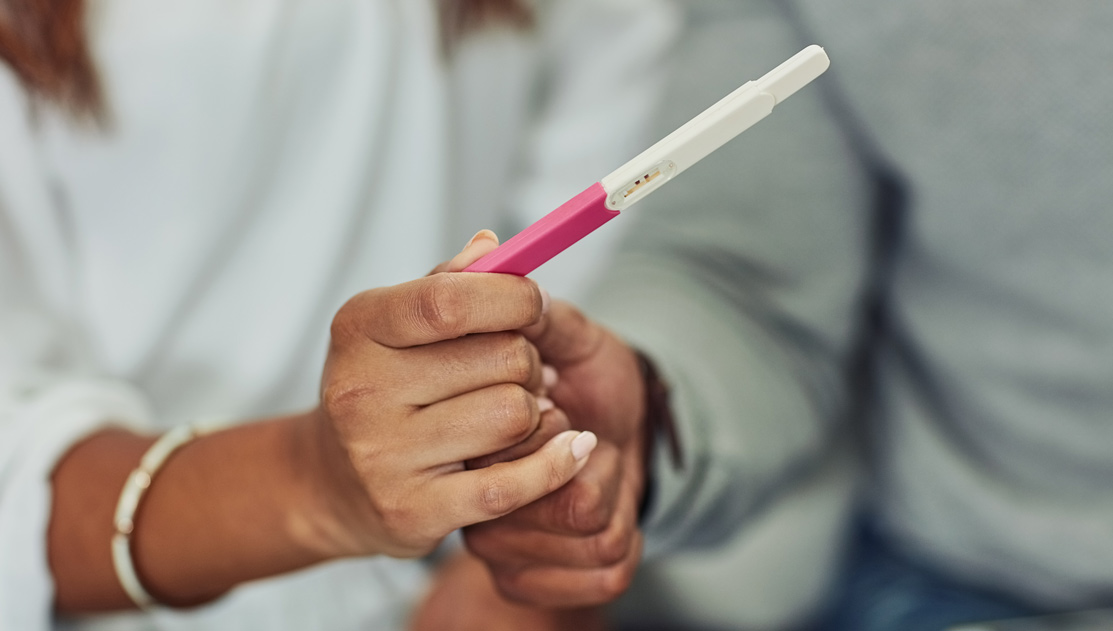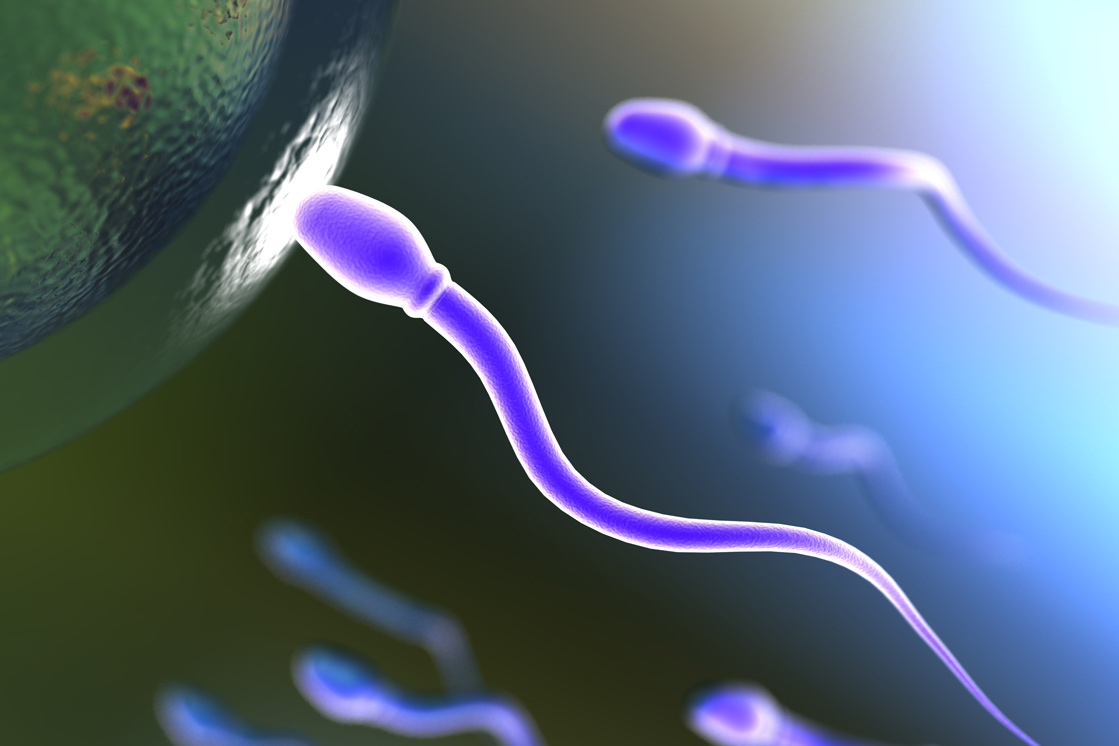The biological clock is just a woman’s problem, right? Wrong. This is just one of the many myths about male fertility we’ve all become accustomed to. But if you want to understand just how important male fertility is to making a baby, read on.
How important is sperm quality in fertility?
In a word, very. Male fertility often goes undiscussed but sperm problems are fertility talk’s elephant in the room. For example did you know that:
- One third of infertility cases are down to male factor infertility.
- Of what remains, another third are cases of female infertility, and the remaining third are male and female combined or unknown causes.
So you see, popular culture should be talking much more about sperm quality and male fertility.
What factors influence sperm quality?
There are a number of factors that can influence male fertility including:
Age
It’s a fact rarely spoken, but men have biological clocks too.
Yes, we’ve all heard the stories of 80-year-old celebrities bouncing babies on their knees but this is incredibly rare. Older men are more likely to have problems with fertility. Male ageing is linked to deterioration of sperm quality and testicular function. Advanced age at fatherhood is also associated with higher risks of genetic diseases and chromosomal abnormalities.
Genetics
Dr Amin Gorgy, Fertility Consultant at The Fertility & Gynaecology Academy says: “Science has much to learn about the effect of genetics on male fertility and the relationship is still not fully ascertained. It is certainly understood to be the root of some percentage of male fertility patients though there is disagreement about how big that percentage is.”
Indeed, research has shown that males who were conceived using intracytoplasmic sperm injection (ICSI) – in other words men whose fathers had sperm problems – were significantly more likely to have sperm problems such as low motility and low sperm count themselves, even when lifestyle factors were accounted for.
The good news is that, as the above study itself reminds us, assisted reproduction technology can help men with all sorts of problems conceive.
Lifestyle
Yes, it’s always women being lectured about fertility and lifestyle but did you know that lifestyle factors play a key role in sperm health too? In fact an extensive review of studies on male fertility and lifestyle factors found that:
- Smoking leads to a decline in sperm quality and increases in chromosome abnormalities and DNA damage. Pre-conception smoking is also associated with assisted reproduction failure and even morbidities in children. Overall, the evidence indicates that smoking is harmful to male fertility.
- Too much alcohol can have a detrimental effect on male hormone production and sperm quality. Indeed the authors asserted that: ‘Chronic alcohol intake was found to have a detrimental effect on both semen quality and the levels of male reproductive hormones.’
- Recreational drugs such as cannabis, cocaine, opiates and anabolic steroids have a negative effect on male fertility when used regularly. For example, the use of cannabis more than once a week in the last three months was discovered to decrease sperm concentration and total sperm count in young men. And this effect was made worse when cannabis was used in conjunction with other recreational drugs.
- Being overweight or obese is associated with a decrease in sperm quality and a higher chance of being infertile. The review found that numerous studies showed paternal obesity was linked to decreased male fertility.
- Stress is associated with lower male fertility in numerous studies, leading the review authors to conclude that ‘psychological stress is associated with reduced paternity and abnormal semen parameters and thus could be a causative factor in affecting male infertility.’ In other words, a lot of stress is not good for male fertility.
- Diet has a key part to play in semen quality. Indeed one recent wide-reaching review study found that enjoying a balanced, nutritious diet could boost semen quality and male fertility.
- Testicular heat stress is a risk factor for poor male fertility. Various things are associated with testicular heat stress, for example sport cycling, prolonged hours in a seated position, and radiant heat exposure (from example from mobile phones).
Azoospermia
This is a condition where a man does not have sperm in the ejaculate. This is caused by issues such as a blockage in the sperm passage tube (obstructive azoospermia) or very low sperm production in the testicles (non-obstructive azoospermia). In these cases, surgical sperm aspiration (PESA/TESA) can be performed. A fine needle is inserted either into the epididymis (a structure next to the testicle) or the testicles to retrieve the sperm – this can be performed under local anaesthetic or sedation. Enormous advances in freezing technology now mean the survival rate of sperm through the freezing process is very high.
Plastics
Sperm counts have more than halved in the West in the last forty years and scientists believe this is at least partly to do with the chemicals (such as phthalates) put into the plastics we use in everyday life. Such chemicals contain ‘endocrine disruptors’ that interfere with or imitate our body’s natural hormones.
Such a list might seem disheartening. But the good news is there are things that can be done to address much of it and to boost male fertility. Read on for more information.
Can a man’s sperm quality be improved?
Yes! You’ll be glad to hear that, outside of factors such as genetics and age, there is much a man can do to help boost sperm quality – as research shows. For example, one study found that in ex-smokers, each additional year after a man quit lowered the chance of assisted reproduction failure by 4%. And studies have shown that men who eat a Mediterranean diet – made up of whole foods rich in omega 3s, vegetables and lean protein, and low in trans-fatty acids and the like – are less likely to have low quality semen. Indeed as the authors of a large review study concluded ‘greater compliance to the Mediterranean diet may aid in improving semen quality.’
To help boost male fertility it’s a good idea to:
- Stop smoking
- Slash your alcohol consumption
- Cut out any recreational drugs
- Try to follow a Mediterranean diet (whole foods, oily fish, lots of vegetables and so on)
- Keep cycling to a moderate level
- Keep your phone out of your pocket
- Try to alternate sitting work with standing
- Put any microwave meals on a plate to minimise chemicals leeching from the plastic (better yet, cut out processed foods). And for more tips, read our plastics and fertility post.
- Consider your BMI and ensure it is healthy
- Minimise stress by enjoying some gentle exercise and consider how else you might like to destress. For some men it’s meditation, for others it’s a workout with a friend.
- Get tested at a fertility clinic
- If needed, access fertility treatment
What can I do if I’m worried about male fertility?
If in doubt, get checked out. As we always say here at The Fertility and Gynaecology Academy, time is fertility. Advancing age impacts male fertility as well as women’s so if you are concerned, the best thing to do is get checked out sooner rather than later. Semen analysis is non-invasive and can give you answers as to sperm count, shape and motility. And if there are problems, there is much that fertility medicine can do to ensure that you and your partner realise your dream of a baby of your own.
Here at The Fertility and Gynaecology Academy, our testing and treatments are second to none and our fertility doctors are among the best in the field. If there is an issue, we can get to the root of it and help chart a way forward. To book a consultation with one of our expert team, call 020 7224 1880 or email info@fertility-academy.co.uk







